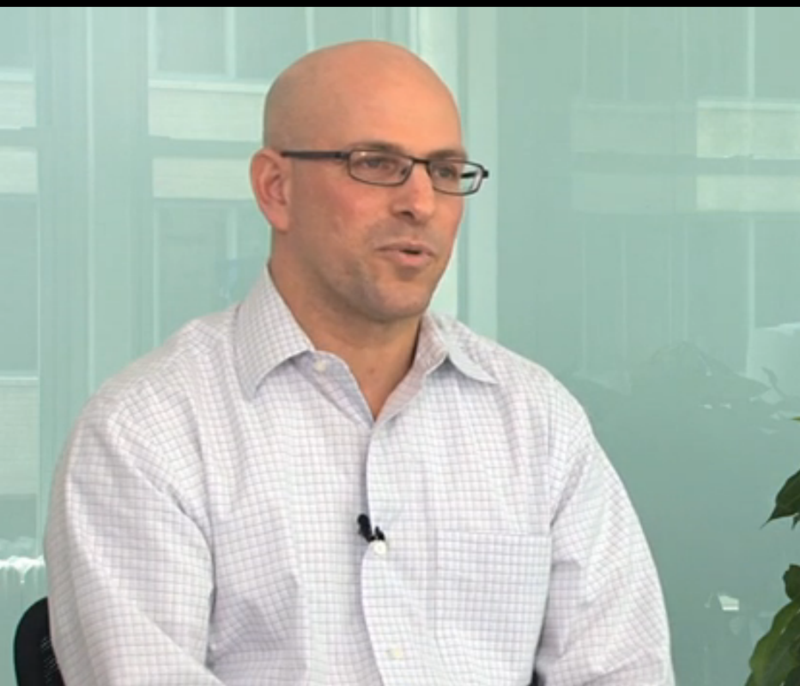
This is part of my Series on Entrepreneurial Culture.
In meeting after meeting with first-time entrepreneurs I see many variations upon the theme of what can charitably be called unfortunate decisions about equity splits between the early participants. It is of course always a relief when I'm able to catch the entrepreneur before he or she commits this typical sort of blunder. Sadly, all too often, it is already too late and there is hair on the deal.
If you are an entrepreneur launching a new company, you really have to think long and hard about who your co-founders should be and how to involve them.
It is most likely the single-most important business decision you will ever make.
Here are some realities and rules of thumb to go by:
- Most poor decisions made in the allotment of founder's equity are made by first-time entrepreneurs in the atmosphere of euphoria created by 'taking the leap' and starting a company for the first time with so-called 'buddies'. If you are in this category- take heed!
- Blindly going in "50-50" with someone you don't know all that well is just ludicrous.
- In most cases you should only bring on one other co-founder, (at most a second), and that founder absolutely must offer singular value and expertise to the venture.
- If you do bring on a co-founder, make sure you put their equity on a vesting schedule. (Four year vesting with a one year cliff is standard).
- With this sort of vesting in place, if they end up taking off after a dispute or a change of heart, they don't end up leaving with a huge chunk of equity in your company! Your cap table thus will remain attractive to potential investors if you execute well.
- Only partner with co-founders that are as driven and passionate about making this successful as you are. Do not partner with people who enjoy just "hanging around the hoop". Remember, every founder must be totally committed to the venture.
For my video conversations with great entrepreneurs go to: Venture Studio


